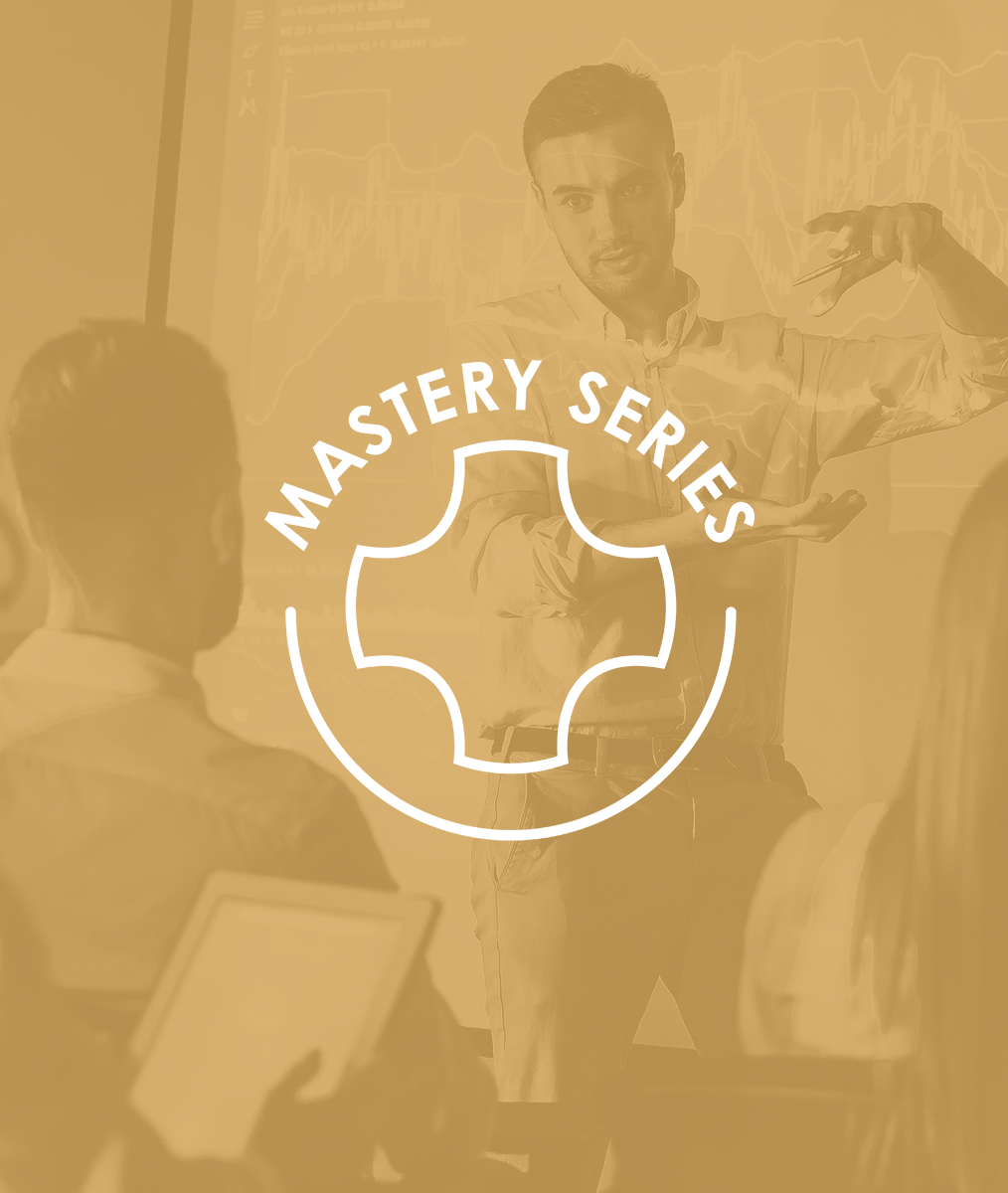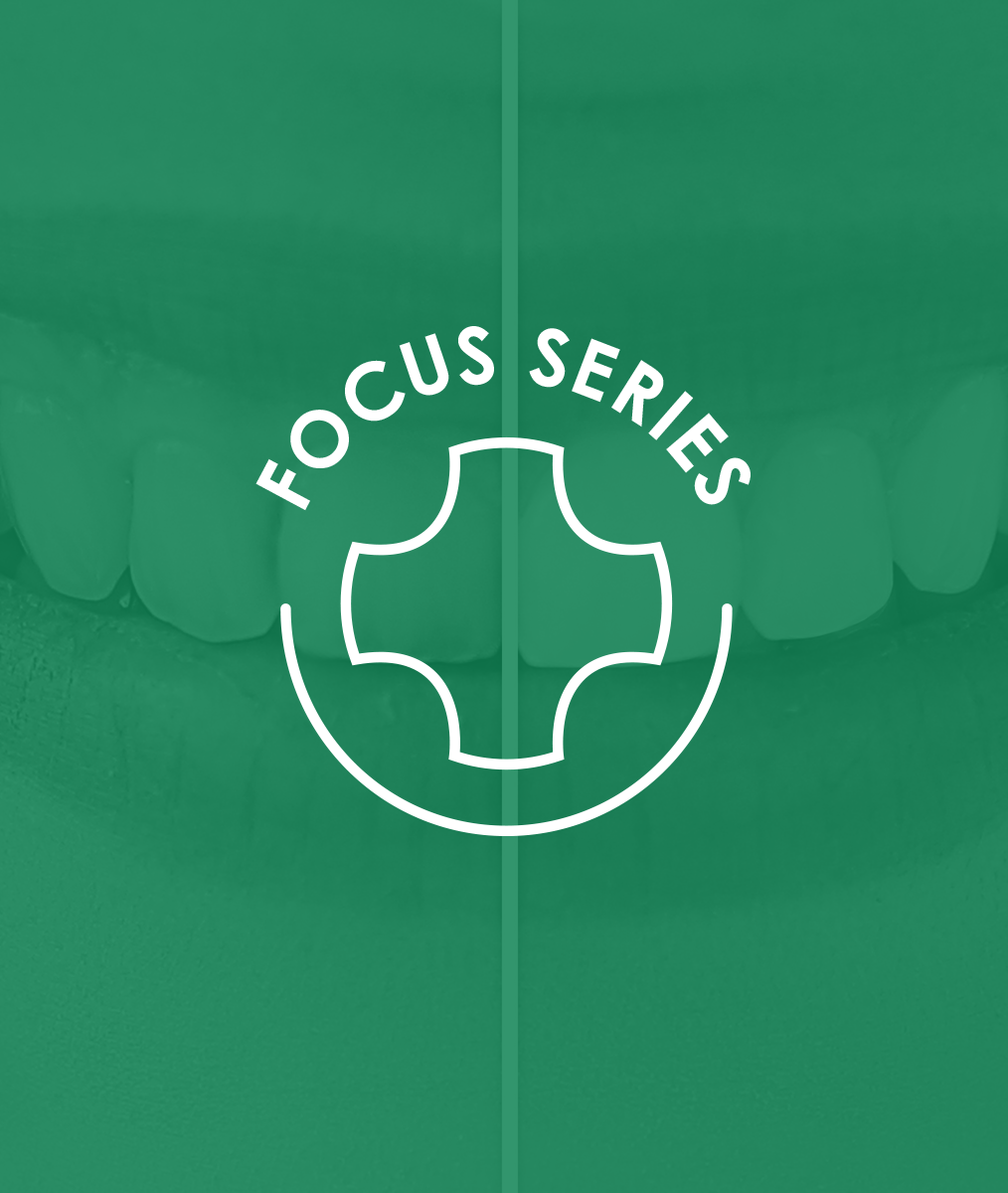Values In Transition
By Edwin “Mac” McDonald DDS
Change isn’t just about external circumstances; it’s also an inner evolution. We go on a transformative journey, and our reflections as we go touch upon our intention and legacy, our personal identity amidst the change, and decisions we make as the change unfolds.
Challenge 1: Intention and Legacy
When facing change, having a clear intention is like setting the compass for your journey. What legacy do you aspire to leave behind? Aligning your actions with your deeply held beliefs ensures congruence between your intentions and outcomes. But stress may cause you to move away from your most deeply held beliefs. I’ve witnessed this happen, just as I’ve witnessed deeply held beliefs guide what happens.
Challenge 2: Personal Identity Amidst Change
The question “Who do I want to be during this transition?” is profound. It invites introspection. Consider how you want to show up for yourself and those around you, especially those who are most important to you. Authenticity matters.
Challenge 3: Listening and Accountability
Change often involves decisions. Whose voices matter? Listening deeply to trusted individuals—those who respect and understand you—can provide valuable perspectives. Forming a leadership team of diverse viewpoints helps guide you toward success.
The Importance of Values During Dental Practice Mergers and Acquisitions
Many private dental practices are being acquired by large partnerships in 2024. These transitions have tons of potential and profit associated with them. Associated with these transitions are complex changes for the practice owner and team members…expanded ownership, more complex organizational structure, new operational systems, and a distancing of some decision making. They also come with the unknown of who will be your future partners after the next sale of the organization. Are you prepared for all of that?
Preparing yourself and your team is essential. On the front end, asking every possible question including questions about the partnership’s core values, how they are integrated into the day-to-day operations, and communicating the importance of that to you and your team is essential to long term success. These questions and expressions are an attempt to examine the congruence and compatibility between you, your team, and your new partners.
I am witnessing several friends transition successfully to one of these new partnerships. The common factor I observe is that each dentist has great self-awareness and received very strong assurance that they would retain autonomy to continue to practice according to the most deeply rooted values. I also observed that the large partnership was very stable with excellent systems and had high quality leadership.
My father often told me: “The person that you have an agreement with is more important than the agreement itself.” In other words, a person of strong character will find a way to honor the intent of the agreement regardless of the specific circumstances of the moment. Values have longevity. Circumstances come and go.
I have also witnessed an abandonment of strongly held values as an organization was going through the painful changes of decline. In abandoning their values, stakeholders were hurt and distanced themselves. It intensified and accelerated the decline. Values matter. Character counts. Clinging to our core values in times of change or decline will increase and accelerate recovery. There are countless Fortune 500 case studies to support this idea.
Another Example of Values in Transition from My Life
Finally, I want to leave you with a case study from my church, The Village Church. We had become a multi-site church in response to the demand of many people attending our main campus. As it grew, our leadership became painfully aware that it was not fulfilling our mission and it was not consistent with our closely held values of community and individual relationships. Over a period of several years, each church was given the opportunity to vote on becoming independent. They all voted around 95% in favor of the change. We gave away around 40 million dollars of real estate, equipment, furniture, and other assets to all of the churches.
Today, the new independent churches are thriving as is our main campus where we attend. The decision was in conflict with everything that is happening in our business and church worlds where there is constant consolidation and scaling. However, the decision was consistent with the values that drive the purpose of the church. The change created multiple thriving churches that are serving their specific communities and growing people and their impact on our world.
Related Course
Mastering Business Essentials
DATE: August 7 2025 @ 8:00 am - August 15 2025 @ 12:00 pmLocation: The Pankey Institute
CE HOURS: 22
Regular Tuition: $ 3295
Single Bed with Ensuite Bath: $ 345
The Blueprint for Running a Practice with Long-Term Growth Dr. Pankey’s original philosophy encouraged dental professionals to be proficient in 3 specific areas: technical mastery, behavioral excellence and business savvy….
Learn More>











